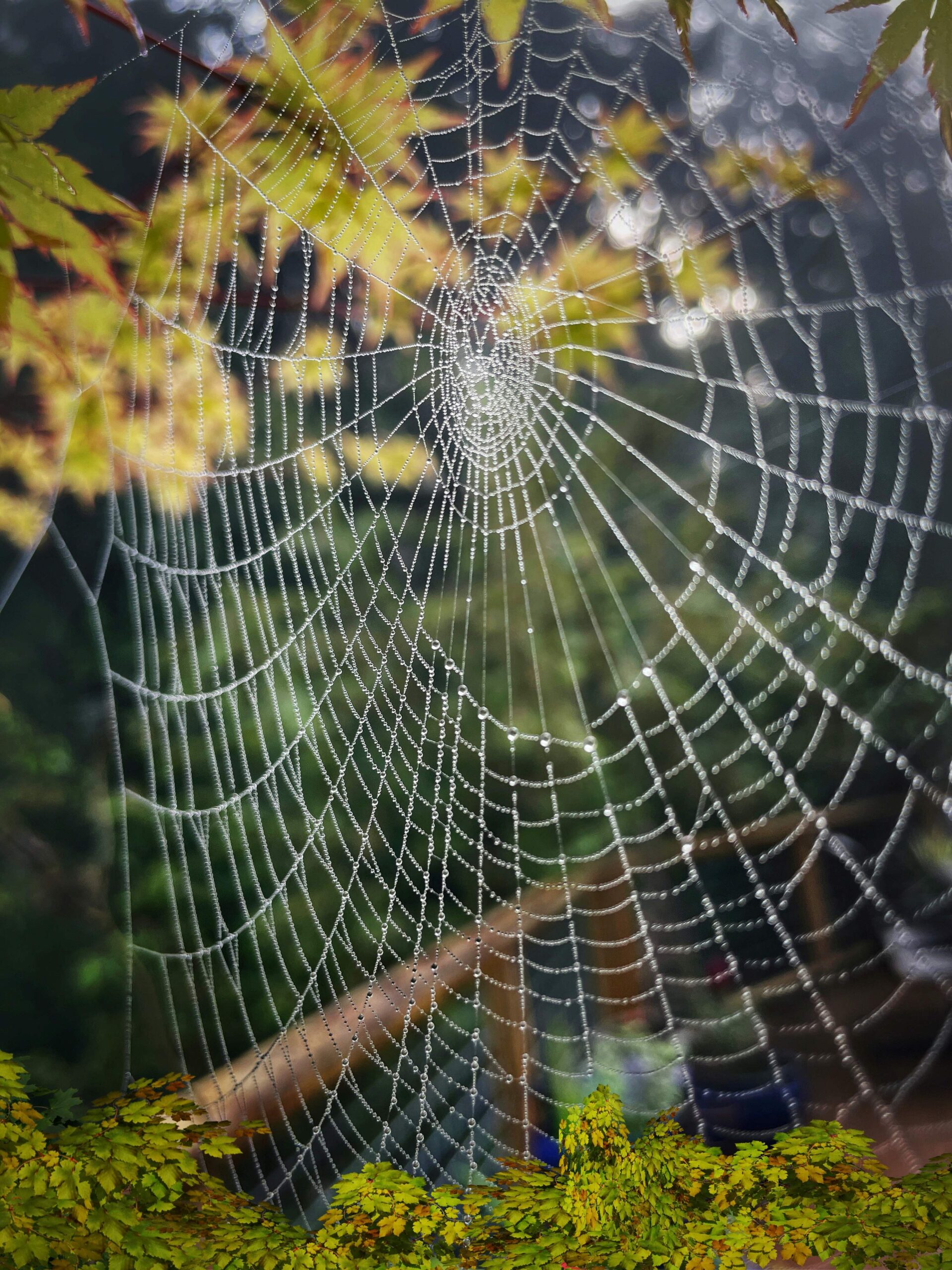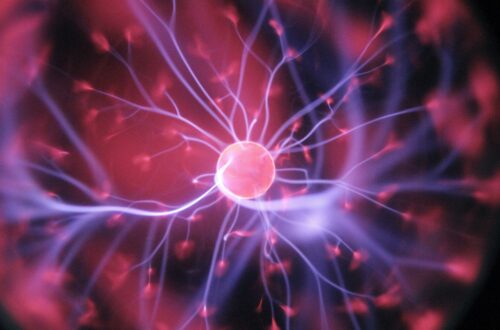
Empedocles and the Garden of Eden
This is my third article on Empedocles’ story of the cosmos and the soul. In the first one, I laid out the basics of the story. You can read it here. It is the story of Love and Strife. Daemons or souls exist in the heavens in immortality. Many scholars believe Strife then comes along and draws them out of the heavens and into a suffering mortal existence.
These scholars then believe that Love comes to the rescue, restoring humans to their rightful home in the heavens.
But Professor Peter Kingsley, an internationally renowned expert on the Western tradition’s philosophical and mystical roots, in his book, Reality, begs to differ. He claims that Love, in the form of Aphrodite’s deceptive love, lured them out of the heavens. I covered that in my second article on Empedocles. You can read that here.
We Must Go Through Strife to Return
In this article, I will explain how Strife, not Love enables humans to return to their immortal existence in the heavens.
I also want to show this story’s stunning parallels with the Garden of Eden story.
In the last article, we left humans trapped in Aphrodite’s realm. If we remember, Empedocles says there are two falls. The first was the fall from the heavens into Aphrodite’s kingdom, and the second was from Aphrodite’s realm into mortal human existence. In short, our lives now. This second fall occurred after humans violated Aphrodite’s rules on killing animals and eating meat.
This final fall, which was inevitable, according to Kingsley, is what sends humans spiraling down into greater violence, destruction, bloodshed, and suffering. At this lowest ebb, Empedocles comes to the rescue with a path out of this misery.
The Garden of Eden Parallels
This whole episode is similar to the Garden of Eden story. In that story, Adam and Eve sin by eating the fruit of the tree of the knowledge of Good and Evil. Having disobeyed God’s order not to eat the fruit, God casts Adam and Eve out of Eden. God then places two angels with flaming swords at the gate of Eden, preventing their return.
Similarly in Empedocles’ story, Daemons (souls) are first lured out of their heavenly abode by the deceptive love of Aphrodite, then when they disobey her rules, she casts them down into an earthly mortal existence, similar to God’s banishment of Adam and Eve from the Garden.
Just as Adam and Eve cannot return to Eden but must move forward through the world to return to paradise, humans in Empedocles’ story also cannot return to their heavenly realm without first moving through the strife of the world.
Here is Kingsley making the comparison with the plight of Adam and Eve.
“We spend most of our lives, without even realizing it, longing to return to some Garden of Eden. But as early Christians understood very well, there can be no returning to Eden, and even if there could, nothing would be worse for us. This is why it often used to be said that Eve and Adam’s fall was, when all is said and done, the greatest possible blessing. Otherwise, they would have stayed innocent little children and never had the chance of growing up.”
So, as we complain about all the stresses and struggles in our lives and the injustice of it all, we must remember that the only path out of it, is through it, and Empedocles is here to help us navigate our way.
Empedocles’ Techniques For Liberation
Empedocles first points out that most people go through life lacking Metis, or alertness and intelligence, to what is occurring around them. He describes how most people.
“during their lifetimes see such a little part of life.”
He says those who live “normal” lives have no genuine wisdom. He tells us not to be fooled. What we think of as life is not really life at all, and what we think of as death is not really death at all.
Echoing Krishna’s counsel about life and death to the warrior Arjuna in The Bhagavad Gita, Empedocles says,
“For all mortal beings, there is no such thing as birth. Neither is there any end for them in hateful, destructive death. There is nothing at all but mixture, followed by rearrangement of the things that have been mixed: ‘birth’ is just the name applied to those events by humans.”
Here Empedocles is speaking of the four essential elements that make up everything: earth, air, water, and fire. Different mixtures create everything, including souls.
Empedocles’ Tricks
Then Kingsley points out what the cunning sorcerer Empedocles is saying in the above passage is,
“When I (Empedocles) describe death as being ruinous and hateful, accursed, abominable, don’t believe me. In reality, it is none of these things. And when you hear me talking about death, you mustn’t believe me either. For there is no death.”
Empedocles is acting like a Zen master using a Koan, an unsolvable riddle like, “What is the sound of one hand clapping?” to scramble people’s brains and put an end to their habitual thinking. He does this to give us a sense of how absurd our lives as ordinarily lived are. Kingsley says,
“Suddenly, Empedocles is whispering in our ear, with greater clarity this time: Don’t be fooled. Whatever you think of as life is not really life.”
Kingsley continues in this vain,
“He scares us with his language, but says there is nothing to fear, makes repeated assertions only to whisper the exact opposite in our ear, describes something with total confidence while prodding us and announcing it’s a lie.”
Why does he do this?
Kingsley explains his reasoning,
“He places everyone in an intolerable position, systematically splitting his listener. And he is planting the seeds of strife not in the outer world, but in our inner being: the seeds of conflict that can wake us up, separate our consciousness from our unconsciousness, free us from ourselves.”
In short, Empedocles is instilling more strife and confusion in us to liberate us from our strife and confusion. We are unaware of how confused we are. Empedocles is amplifying our confusion to such a state that we can no longer ignore it.
Language Enslaves and Liberates Us
Empedocles believes it is our “naming” of things that severely puts limits on our reality, keeping us in a stupor. So to overcome this, Empedocles enters into this naming game himself.
Kingsley explains,
“For us, all the concepts of our familiar language point to some reality. To him [Empedocles] they are a web of illusions. But because he chooses to join our consensus we manage to convince ourselves quite automatically, in spite of everything, he has said, that he belongs to it. And yet he doesn’t.”
Kingsley says Empedocles enters our world and speaks our language because it is the only way he can communicate with us. He has to use our language first to bewilder and then to awaken us.
Kingsley says,
“If we manage to see what he is doing, if we are able to realize how completely we have been fooled not just by him but by everything, then he will have given us the most precious gift of all—ourselves.”
As our confusion and strife become more intense, we break through our stupor and realize that nothing is certain. Kingsley says,
“Good is no longer good or bad bad. The reality is far more subtle than that. What appears bad may be the greatest good and what is bad at one moment could become good in the next. In short nothing can be more dangerous or ambiguous than to follow the route of Strife. And no teaching that talks in these terms could be more vulnerable to misunderstanding.”
Must Be Alert and Present
How do we navigate through this maze of Strife? Empedocles says Metis or alertness is needed. Without this, we will never be present enough to see through all of Empedocles’ tricks.
Kingsley says,
“Metis is also the one thing needed for indicating the existence of such a path in a way that will lead to harmless, rather than harmful, misunderstandings, in a way that ensures the real message will be heard by those who are ready to hear it but go straight out through the ears of those who are not.”
Empedocles then says to liberate ourselves from our mortal lives, we have to embrace madness. He talks of two kinds of madness. I will cover that in the next article.
To learn more about the Intelligence and Magic of the Universe: Click this link: The Magical Universe




